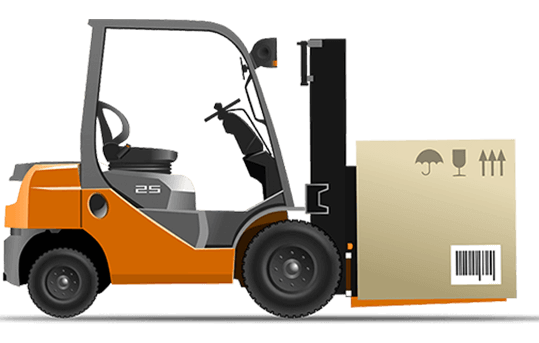Technology is revolutionizing the logistics industry, particularly in the realm of international shipping and transportation. From advanced tracking systems to automated warehouses, the integration of technology is enhancing efficiency, reducing costs, and improving service quality. In this blog post, we will explore the key technologies transforming international logistics and their impact on the industry.
Key Technologies in International Logistics
- Internet of Things (IoT): IoT devices are becoming increasingly prevalent in logistics. These devices enable real-time tracking of shipments, monitor environmental conditions, and provide valuable data for decision-making. For example, sensors can track temperature and humidity levels for perishable goods, ensuring they remain within required conditions throughout transit.
- Blockchain Technology: Blockchain offers a secure and transparent way to record transactions and track products throughout the supply chain. This technology enhances traceability, reduces fraud, and improves trust among stakeholders. By providing a decentralized ledger, all parties can access the same information, streamlining processes and reducing disputes.
- Artificial Intelligence (AI): AI is transforming logistics by optimizing routing, forecasting demand, and automating processes. Machine learning algorithms can analyze historical data to predict future trends, helping businesses make informed decisions about inventory management and shipping strategies.
- Robotics and Automation: Automation in warehouses and distribution centers is increasing efficiency and reducing labor costs. Automated systems can pick, pack, and sort products with speed and precision. Robotics are also being used for last-mile delivery, facilitating faster and more efficient service.
- Transportation Management Systems (TMS): TMS software helps businesses plan, execute, and optimize their logistics operations. These systems provide real-time visibility into shipments, manage carrier relationships, and analyze transportation costs. By streamlining operations, TMS can significantly enhance the efficiency of international logistics.
Impact of Technology on International Logistics
- Increased Efficiency: Technology streamlines processes and reduces manual errors, leading to faster and more accurate operations. This efficiency translates to shorter delivery times and improved customer satisfaction.
- Cost Reduction: By optimizing routes, automating processes, and improving inventory management, businesses can reduce operational costs. Technology enables companies to make data-driven decisions that enhance profitability.
- Enhanced Customer Experience: Customers today demand transparency and timely information about their orders. Technology enables logistics providers to offer real-time tracking, automated updates, and improved communication, leading to higher customer satisfaction.
- Sustainability: Technology can help businesses reduce their environmental impact. For instance, optimizing transportation routes can decrease fuel consumption, while automation can minimize waste in warehouses.
Challenges in Implementing Technology
- Initial Investment: Implementing advanced technologies often requires significant upfront costs. Companies must carefully assess the potential return on investment before proceeding.
- Training and Adaptation: Employees may need training to adapt to new technologies. Change management is crucial to ensure that staff are comfortable and proficient with new systems.
- Integration with Existing Systems: Integrating new technologies with existing logistics systems can be complex. Businesses must ensure that all systems work seamlessly together to maximize efficiency.
Technology is playing a pivotal role in transforming international logistics, enhancing efficiency, reducing costs, and improving customer experiences. By embracing advancements such as IoT, blockchain, AI, and automation, logistics providers can stay competitive in an ever-evolving global marketplace. While there are challenges to overcome, the benefits of technology in logistics are undeniable and essential for future success.


